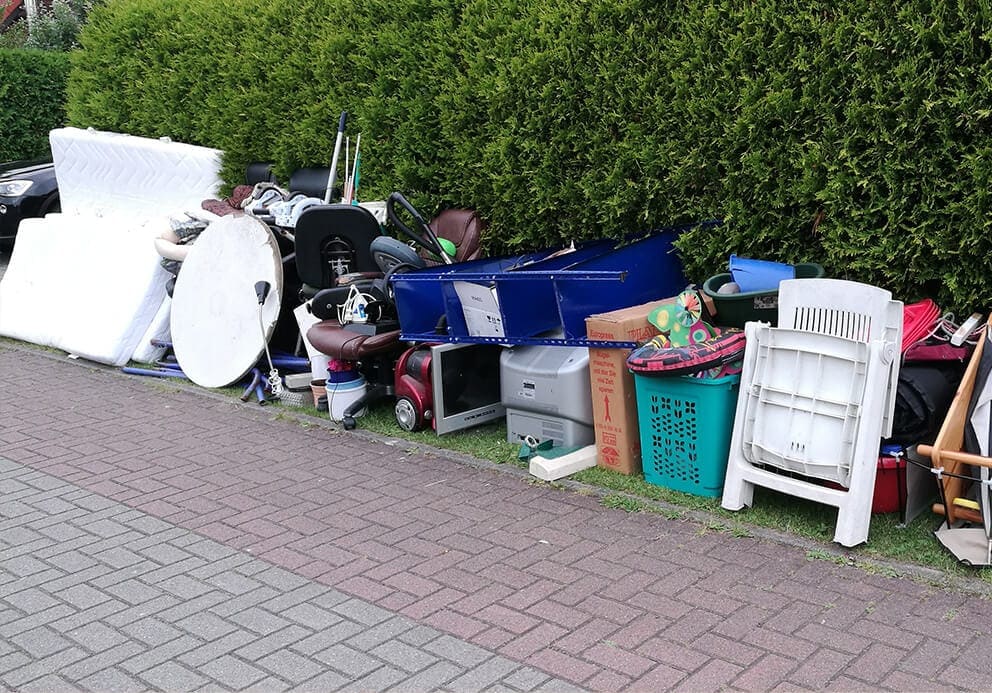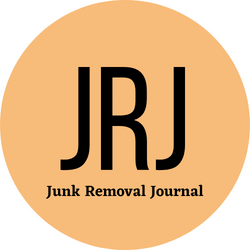Rubbish Collection
by siteadmin

Rubbish Collection is an important part of waste management. It is a service that is provided by the city or town government and private waste disposal companies. Residents can have their trash (blue lid), recycling and organic rubbish bins collected each week. They also have the option of putting out one bulk item every other fortnight.
Gloves
Gloves are a key piece of PPE, providing a protective layer between a person and a potentially hazardous substance. However, they must be properly removed and disposed of to avoid the transfer of contaminants from gloves to hands or surfaces. If a pair of gloves becomes contaminated, the wearer must immediately change them, wash their hands, and put on a fresh pair of gloves.
The use of disposable gloves creates a significant amount of waste, which can be costly for businesses that need to purchase and dispose of them frequently. Additionally, discarded gloves can be harmful to the environment if they are left on the ground or in trash receptacles.
When choosing disposable gloves, it is important to choose a quality product that is designed for the specific job. Gloves should have a durable construction and be tested for structural integrity and pinholes before each use. Additionally, a good quality glove will have a good grip for carrying bags and bins. It should also be easy to take off and put on, and have a cuff or open wrist for easy removal.
The CDC recommends that healthcare professionals (HCPs) wash their hands after putting on and removing gloves. This is because the duration of a single pair of disposable gloves contaminates the hands and increases the likelihood of transmitting organisms to patients. HCPs may also unintentionally contaminate their surroundings by touching objects that they have handled while wearing a contaminated pair of gloves, such as door knobs and elevator buttons.
Gloves should be worn for a single client and should only be used for the task at hand. Reusing gloves increases the risk of infection and is linked to antibiotic-resistant organisms, including methicillin-resistant Staphylococcus aureus and Gram-negative bacilli. HCPs should wash their hands as soon as they remove their gloves, and they must also wear a new pair of gloves for the next activity on the same client.
PPE
PPE is equipment that protects the wearer from infection, including face masks, gloves, and overalls. It is important to note that PPE should not be placed with general waste. Instead, it should be disposed of properly. The methods for disposing of PPE vary by location and may involve thermal, chemical, irradiative, or biological treatments. Developing an effective system for collecting and disposing of PPE requires collaboration between waste collection companies, local government officials, health facilities, and citizens.
The United Nations has recently urged countries to treat PPE management as an urgent task. This is because of the widespread use of PPE in hospitals and other healthcare settings, as well as the risks associated with improper disposal. This is a complex issue, as it involves legal, business, and social aspects. The goal is to ensure that PPE is safe for human use and that it does not pose a risk to the environment.
Normally, used PPE generated by medical and public health facilities may be discarded into the regular solid waste stream. However, during the COVID-19 pandemic, contaminated PPE needs to be handled more carefully. For example, the items should be double bagged and securely tied at the openings to prevent contamination of the environment. The bags should also be stored in a secure place until three days have passed. This allows time for traces of the virus to dissipate.
In some areas, residents are charged a flat monthly fee (typically collected through building water bills) to cover the cost of garbage and recycling collection. This creates financial incentives for households to produce less refuse. In other cities, fees are based on the amount of rubbish or recycling that is set out for collection. This structure is known as pay-as-you-throw.
Depending on the area, the council provides one or two rubbish collections per week, and weekly recycling collections. Refuse can be put in your black rubbish bin, and recycling should be placed in your teal green District Council recycling crate. If you do not have a crate, you can purchase one online. Items that cannot be put into your rubbish or recycling bins, such as sharps and electrical items, can be dropped off at a community recycling centre.
Rubbish Bags
Garbage bags, also known as bin liners or trash sacks (British English), are disposable plastic bags used to line waste containers and rubbish cans. These trash bags are a convenient and sanitary way to handle garbage and prevent the inside of a waste container from becoming coated in discarded waste material. They are available in a wide variety of sizes and types. Most garbage bags are made of either LDPE or HDPE and can be distinguished based on their thicknesses and weight-carrying capacities.
Besides being an effective way to dispose of trash, trash bags can be useful for other purposes as well. They are useful for lining litter or waste containers and can be used as trash wraps to minimize odor. They are also useful for heating pools and for darkening rooms by covering windows. Several brands of garbage bags are now offering trash bags made from recycled materials. These environmentally friendly trash bags are more durable than traditional plastic bags and are better for the environment.
Color-coded garbage bags are an important part of the waste disposal process. These bags make it easier for the waste management company to identify and collect specific kinds of trash. This is important for ensuring that the waste collected is not mishandled or improperly disposed of, which can be dangerous to human health and the environment. The use of colored garbage bags also makes it easy for the waste management company to meet regulatory compliance.
In the past, garbage piled up in landfills and contaminated waterways. Raw sewage regularly contaminated drinking water, and insects and rats thrived on the food left behind by people. Some West Virginia towns even banned the hunting of vultures, which were once the primary means of disposing of waste.
Today, garbage is sorted and sent to recycling facilities for recovery of valuable materials. But despite the best efforts of waste collection agencies and recycling centers, there is still a large amount of discarded trash that ends up in landfills. One way to reduce this is to use trash bags made from recycled materials. These eco-friendly trash bags are more durable than standard plastic bags and can be reused. They can also be purchased in bulk to save money and space.
Rubbish Trolley
The city recently entered phase 2 of cart delivery, which means that new uniform garbage carts will soon be arriving at residences. These will be used to collect recycling and trash. Residents can learn more about their new collection schedule and find their designated day by visiting the Schedule Search page. Residents are encouraged to keep their carts clean, and not place trash or recyclables in the wrong containers. Doing so could contaminate the entire load and result in the materials being sent to the landfill instead of the recycling center. In addition, plastic grocery bags are not permitted in the recycling carts as they can clog the machines at the recycling centers.
Garbage trolleys and garbage hand carts are essential to efficient waste management. They allow people to easily separate and transport garbage from homes to pick-up trucks, or to sorting facilities. Sheetal Group is a leader in this industry, and offers several different types of garbage trolleys and garbage hand carts. They also feature sturdy wheels and can withstand the rough Indian roads and landscape.
https://www.perthrubbishremoval.com.au/
Rubbish Collection is an important part of waste management. It is a service that is provided by the city or town government and private waste disposal companies. Residents can have their trash (blue lid), recycling and organic rubbish bins collected each week. They also have the option of putting out one bulk item every other…
Recent Posts
- Effective Janitorial Services for Your Business
- Septic Tank Armadale: Pioneering Excellence in Soak Wells and Septic Tank Services
- Northwest Refuse Service Leads Baltimore in Sustainable Dumpster Rentals
- Northwest Refuse Service Leads Baltimore in Sustainable Dumpster Rentals
- Revolutionizing Septic Tank and Soak Wells Services: Septic Tank Armadale Leads the Way in Waste Management Solutions
